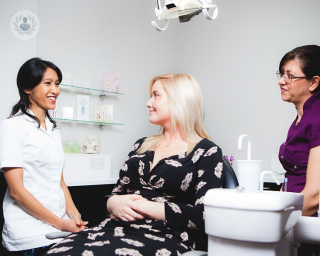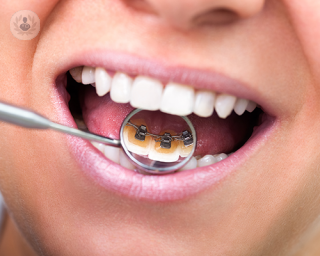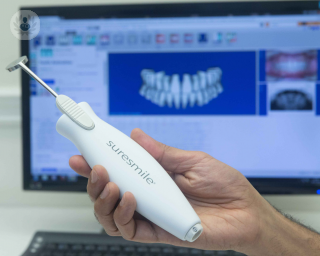
Dr Laurence Masters
19.09.19
Ortodonzia
The benefits of intraoral scanners in orthodontics
New technology is undoubtedly changing how the medical world works, assisting diagnoses and making it easier to predict the right course of treatment for patients. New technology also has a major role to play in orthodontics. We decided to ask Dr Laurence Masters about how the 3Shape TRIOS® scanner has helped him at his clinic.












